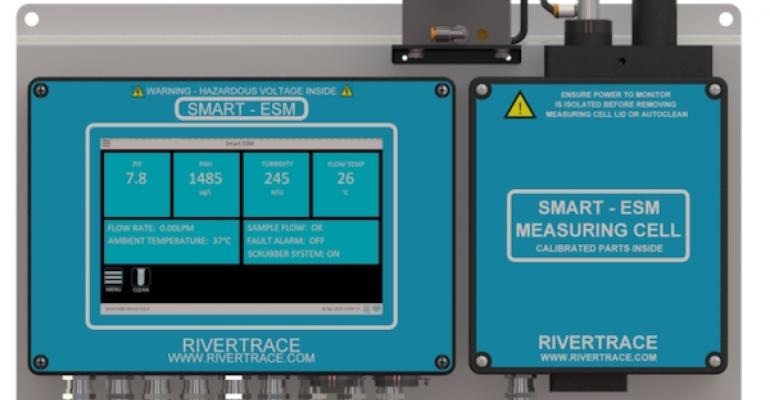In a recent white paper titled ‘To scrub or not to scrub?’, Rivertrace has called on the industry to focus on scrubber technology options and washwater monitoring, which is of vital important to ensure potential regulatory requirements are met in the future.
“It is almost certain that at some future point, the IMO’s washwater guidelines will be converted into a mandatory requirement and the accurate monitoring of washwater will become essential. Because of IMO procedures it is too late for that to happen before the 1 January (2020) introduction of the sulphur cap, but it may come within 2020 or 2021,” said Mike Coomber, managing director of Rivertrace.
“We have seen recent bans on scrubber operation in some ports because of the washwater discharge issue. However, there is acceptance that the continued use of scrubbers by ships may depend on being able to prove that washwater quality is constantly monitored and shown to meet appropriate standards,” he said.
Read more: Open-loop scrubbers – an own goal for the shipping industry
Possible changes required to current scrubber regulations are an ongoing issue under consideration by the Marine Environment Protection Committee (MEPC) and the specialist sub-committee on Pollution Prevention and Response (PPR) at the IMO.
“The fact that scrubber washwater remains to be the only discharge of its type not subject to the same standards as discharges from other shipboard systems means that it will almost inevitably lead the requirement of mandatory monitoring Therefore, ship owners must be well-informed of washwater monitoring equipment options and those used by scrubber manufacturers in order to ensure compliance with future standards,” Coomber added.
The technical white paper pointed out that such mandated monitoring requirements “should not be feared” as they may be a good way to ensure that all scrubber variants remain permitted for use in the future and on the widest possible scale.
A change in the regulations will mean that scrubber manufacturers will need to make use of multiple monitoring devices or integrate a monitoring device that can conduct monitoring using all required measurement parameters.
Furthermore, in order to accurately calculate what the washwater is adding to the environment, measurements must be made at both seawater uptake and at washwater discharge.
The technical white paper also explores the impact of sulphur emissions from ships, the chemistry of scrubbing sulphur from exhaust gases and the benefits associated with scrubber use.
Read more: Carnival’s two-year wash-water study affirms scrubbers are positive for environment
Copyright © 2024. All rights reserved. Seatrade, a trading name of Informa Markets (UK) Limited. Add Seatrade Maritime News to your Google News feed.


